I am searching for the string version in text read from a Unicode little-endian file.
With the $text 'version (apostrophe intended) I get
echo strpos($text, "r"); // Returns 7.
echo strpos($text, "version"); // Returns null.
I suspect that I need to convert either the needle or the haystack into the same format.
- I had a look at mb_strpos but it doesn't do text searches in the same way as strpos.
- I also considered changing by needle string to UTF-8 but haven't tried it yet. It seems a bit messy.
Any ideas?
Update after cmbuckley's answer.
$var = iconv('UTF-16LE', 'UTF-8', $fields[0]);
// Returns Notice: iconv(): Detected an incomplete multibyte character in ...input string in
So I checked the existing encoding and find
echo mb_detect_encoding($fields[0], mb_detect_order(), false); // Returns 'ASCII'.
This is confusing. If the string is ASCII why was I having trouble with the original strpos function?
Update 2
The hex encoding of 'version is 2700 5600 6500 7200 7300 6900 6f00 6e00.
What encoding is that?
